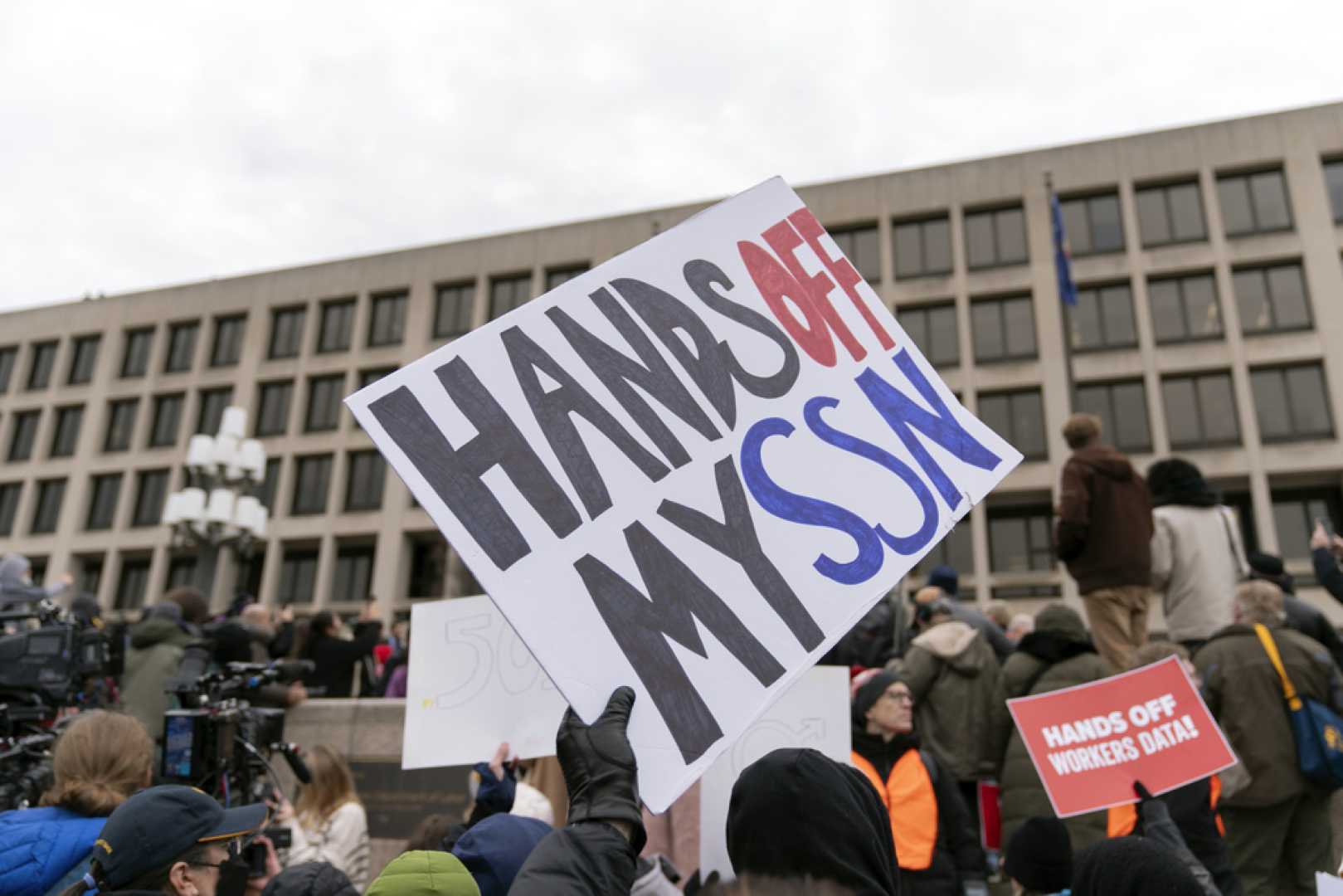Politics
Concerns Over DOGE’s Access to Sensitive Federal Information

WASHINGTON, D.C. — The ongoing debate over the Department of Government Efficiency‘s (DOGE) access to sensitive information from the Department of the Treasury has raised alarms about the privacy of welfare program beneficiaries. District Judge Paul Engelmayer recently issued a ruling blocking DOGE from accessing U.S. Treasury payment information, citing risks associated with potential data breaches.
n
On February 8, Engelmayer expressed concerns over the possibility of hacking sensitive information, leading to his decision. The White House and DOGE have not yet publicly commented on the ruling. DOGE was created to minimize unnecessary federal spending and streamline regulations as part of an effort by the Trump administration to enhance resource efficiency.
n
DOGE aims to uncover instances of waste and fraud within federal programs, with the Centers for Medicare & Medicaid Services (CMS) positioned as a focal point of scrutiny. However, the initiative has sparked backlash from activists, lawmakers, and analysts who worry about the potential misuse or leakage of sensitive data concerning welfare beneficiaries.
n
Recent reports from the Wall Street Journal indicated that DOGE’s access is currently limited to “read-only” data, specifically excluding identifiable health information about Medicare beneficiaries. Nonetheless, critics maintain that even this level of access poses significant privacy risks.
n
Elon Musk, in a post on X (formerly Twitter), commented on the situation, stating, “Yeah, this is where the big money fraud is happening.” His remark referred to revelations by the Wall Street Journal and former Government Accountability Office (GAO) findings concerning improper payments related to health services.
n
According to GAO data, the Department of Health and Human Services reported $100 billion in improper payments for fiscal year 2023, which included billing errors, fraud, and overpayments. In light of these statistics, the GAO recommended urgent reforms to enhance the reliability of government systems and to decrease improper payments.
n
The official objectives of DOGE align with GAO’s recommendations, focusing on the prevention of financial discrepancies. Yet the intersection of financial oversight with privacy concerns continues to dominate discussions surrounding the initiative.












